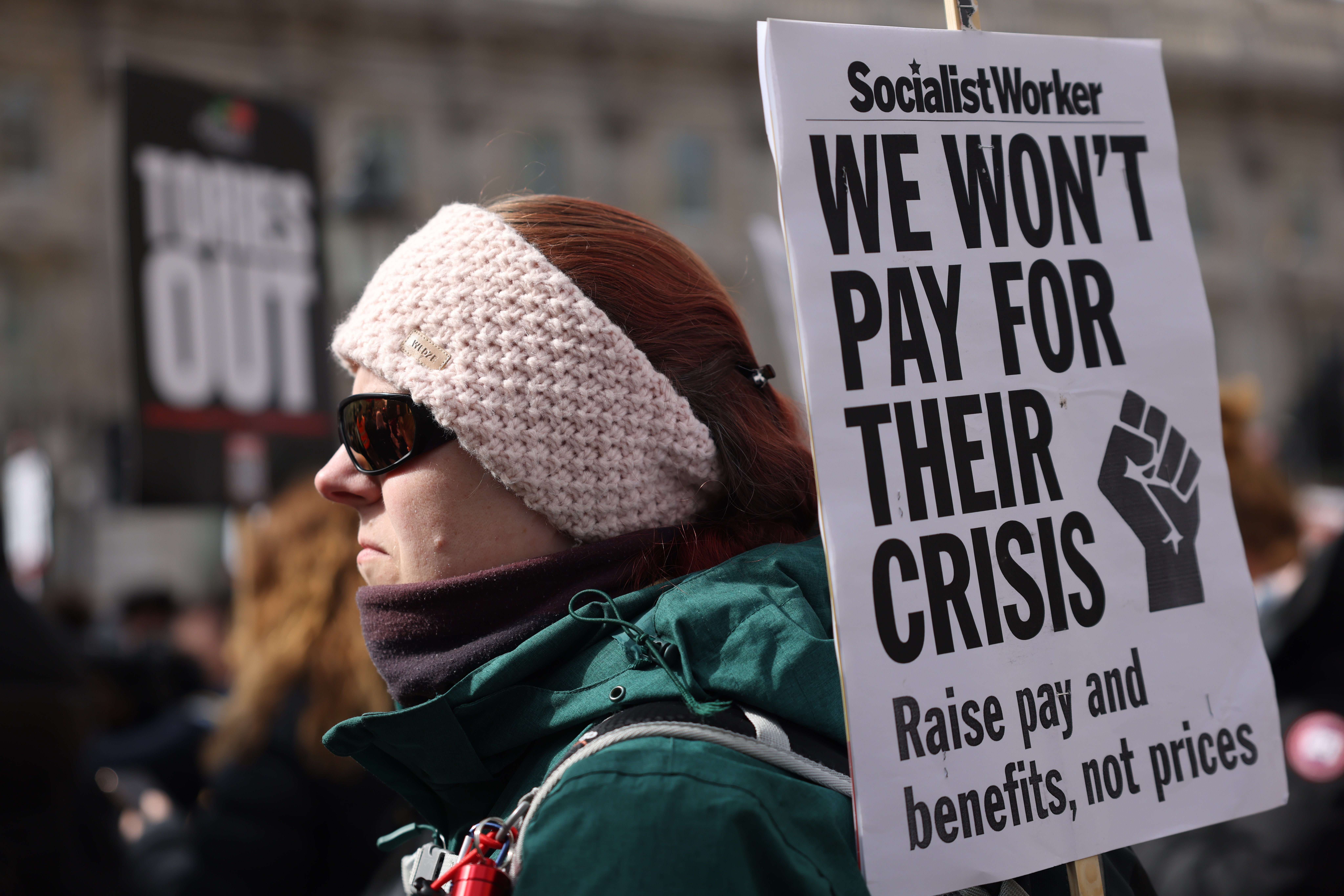You might be living in fuel poverty – but not even realise
Strapped for cash? Skint? Having to choose between eating and heating? Coping, but worried? You’re not alone – half the country could soon be in the same boat


What does it mean to be in fuel poverty? Let’s look at the detail. A family is in fuel poverty if its members cannot afford to heat their home to a sufficient temperature to live healthily and comfortably while also managing other basic costs of life, such as rent or mortgage payments, food and other utilities.
Poverty of this order is not new; it’s a problem that has been with us for decades, but in the past it was confined to those living in circumstances that prevented them earning enough to cover basic bills – single pensioners surviving on the state pension alone, households coping with long-term unemployment, or those with chronic illnesses.
Now that’s changed. According to the bosses of fuel companies, all of which have been inundated with calls from desperate customers unable to meet their obligations, fuel poverty is set to affect around 40 per cent of the population. Almost half of the country can’t pay for the fuel they need to keep warm. The nature of fuel poverty is changing too.
A study published last year revealed that only 22 per cent of those facing fuel poverty are pensioners, and almost half of fuel poor households in 2021 were not in receipt of ay benefits. These are working families – mostly in full-time work – whose incomes simply do not reach up to meet the real cost of living, and this was before the recent hike in energy costs.
Until recent months, problems with energy costs have been patched over by successive governments with one-off annual payments, for pensioners and others, in circumstantial cases. Now targeted policies like these aren’t going to disguise a crisis growing so fast it threatens to overwhelm the domestic economy.
What does it mean to say that almost half the country is in “fuel poverty”? Given that poverty is often defined in relative terms – to have significantly less than others in your community – labelling the crisis we face as a form of poverty obscures the scale of the problem.
Though it is upsetting to admit, “poverty” has become a term that is used in Britain to isolate. Politicians, specifically those on the right, have demonised working poverty so that it has become synonymous with fecklessness, idiocy or immorality. When people hear about “poverty” they think it doesn’t apply to them.
Now we have a situation where a large minority – almost half – of the country could soon be classified as in a form of poverty, yet when those same people hear the words “fuel poverty”, they may not realise it is their lives being discussed. How would they describe themselves instead? They might say they’re strapped, maybe? Skint? Can’t meet their obligations? Can’t heat the home? Having to choose between eating and heating?
Coping, but worried. Worried about the winter. Worried about paying the mortgage. Worried about where it will end.
It’s not an exaggeration to say that the knock-on effect of next winter’s energy crisis will have ramifications for decades – economically, politically, and in terms of human health.
To keep up to speed with all the latest opinions and comment sign up to our free weekly Voices Dispatches newsletter by clicking here
When almost half the country is having to make careful calculations about whether and how to heat their homes, there are lingering after effects: damp and condensation, which can destroy housing stock (we already have some of the worst quality housing in Europe); an associated rise in asthma and other respiratory and allergic diseases as a result of that structural damage; unpaid mortgages and rent creating a new housing crisis, particularly in social housing where major landlords’ incomes will dry up; the lack of spare cash to be spent leading to a shrinking local economies. The list goes on.
This isn’t just fuel poverty, or a crisis for the energy sector. This is a gathering storm that will lead to a fundamental social overhaul. Non compliance, as seen during the years of opposition to the poll tax, is harder to execute against private energy suppliers; but is likely to become a tactic of resistance by default as bills go unpaid due to lack of funds. Debt recovery services will find it impossible to recover what is left outstanding.
Eventually, there will have to be political intervention. Sadly, given that the poorest already pay more in advance for their energy costs using pre-pay meters, not before families have endured a freezing winter in unbearable and unhealthy conditions.
When that happens, we must remember their suffering is a political choice taken months in advance of their pain.
Join our commenting forum
Join thought-provoking conversations, follow other Independent readers and see their replies
Comments